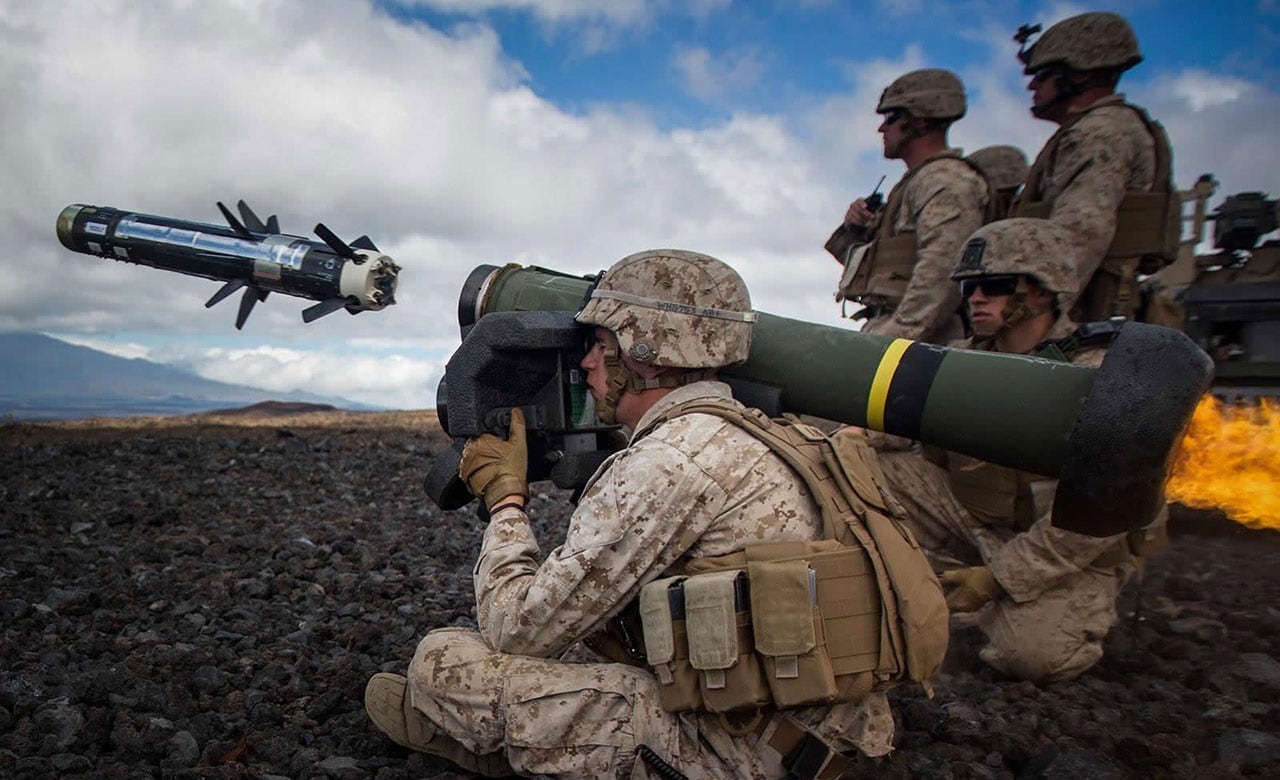As the world watches Russia invade Ukraine, the resulting bloodshed should serve as a haunting reminder of the fallacy of U.S. foreign policy, which claims to be built upon liberal values and humanitarianism. On February 15th, a week before the invasion, Biden addressed the nation on a possible Russian incursion, concluding with a call to action that “if we do not stand for freedom where it is at risk today, we’ll surely pay a steeper price tomorrow.”
The U.S., as well as its NATO partners, have, rightfully so, refused to send troops to defend Ukraine, as it is not a NATO member. The U.S. has also rightfully recognized that it has no compelling interest in Ukraine. This is undoubted. As the world collectively prays for the Ukrainians, the U.S. should also recognize that our false humanitarian rhetoric, harmed instead of helped, before and during this crisis.
By cloaking war as anything other than nasty, brutish, and extremely long, the U.S. has prioritized its public image over the lives of Ukrainians. All war is ugly and, especially as the U.S. remains adamant that it will not intervene, our rhetoric must match the realities of war, not idealism and naivete that, as Clausewitz would say, “shut one’s eyes to what war really is, from sheer distress at its brutality.” We have hidden behind our own virtue-signaling and unfortunately turned our noses up at ample opportunities to de-escalate.
The U.S. can trace its first misstep back to the 1990s when it supported rapid NATO expansion following the end of the Cold War. The Russia of the 1990s was weak and, if NATO expansion was a red line, Russian leaders could do very little to enforce it. Yeltsin warned in 1994 that increased NATO expansion would “sow the seeds of mistrust.” Now, 30 years later, we find ourselves in an increasingly divided Europe and Russia has recovered in all aspects. Treating Russia of today as the Russia it once was, was to diminish the prospective threat to Ukraine and seriously underestimated the human cost of failed diplomacy. Our false promises in 1994 in Budapest and in 2008 in Bucharest brought Ukraine into the fray and lit the fire for the flames we have watched erupt in the past few months.
While Ukraine and other European powers hoped to de-escalate tensions by circumventing the U.S.-Russia talks, Russia was clear that it saw the U.S. as the hand that guides the security order in Europe. Only promises made by the United States would be sufficient to derail the growing tensions. Thus, when the U.S. delivered its written responses to Russian demands, amounting to little more than a list of “non-negotiables,” we failed the Ukrainians. At the very least, the U.S. owed Ukraine meaningful engagement in the diplomatic process. We, instead, chose to remain obstinate and unwavering, hesitant to risk our domestic expectation of immovable defiance to any Russian concerns.
Putin shoulders full culpability for the war that is about to occur but the U.S. committed serious negligence. Propping the door open to NATO on principle alone ignored the risks this poses for Ukraine. The U.S. also provided false hope to Zelensky and other Ukrainian leaders through U.S. military aid since 2014 and emboldened Ukraine to avoid implementing Minsk II. We grossly misrepresented the risks associated with resisting the deal and providing false assurances hindered Ukraine’s ability to accurately assess Russia’s threat level, distorting the concessions Ukraine would have to make to avoid such a war.
A sustainable peace could have been found through an agreement to establish a neutral Ukraine. The U.S. could have admitted verbally or in writing what the world already knows to be true: Ukraine would not be a part of NATO and would instead be an established neutral country. Neutrality deals such as those for Belgium, Finland, and Austria, enhanced, instead of hindered, the security of the respective states. Ukraine itself tried to take this off-ramp towards de-escalation as Zelensky conceded before the invasion that NATO membership for Ukraine could simply be “a dream.” The U.S. could have aided in this wake-up call a decade ago but instead, we lulled Ukraine back to sleep. As we watch the invasion transpire, we should drop our American façade of moral superiority. In Clausewitz’s opus, On War, he says that “war is such a dangerous business that the mistakes which come from kindness are the very worst.” While Putin’s invasion may harbor malintent, our good intentions also led us here.
Natalie Armbruster is a Research Associate at Defense Priorities.

